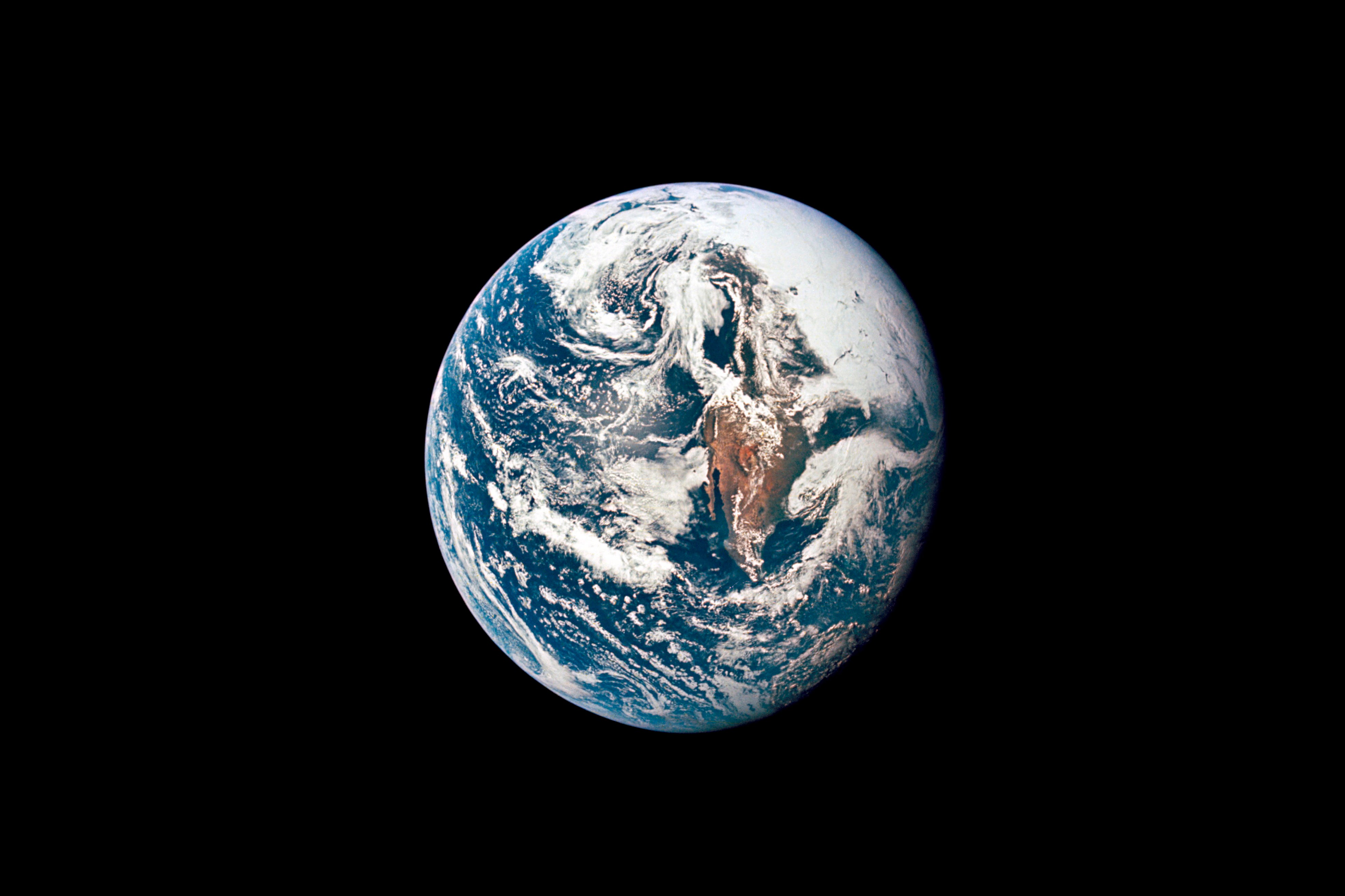NASA gives all clear: Earth safe from asteroid for 100 years
NASA has given Earth the all clear for the next century from a particularly menacing asteroid

Your support helps us to tell the story
From reproductive rights to climate change to Big Tech, The Independent is on the ground when the story is developing. Whether it's investigating the financials of Elon Musk's pro-Trump PAC or producing our latest documentary, 'The A Word', which shines a light on the American women fighting for reproductive rights, we know how important it is to parse out the facts from the messaging.
At such a critical moment in US history, we need reporters on the ground. Your donation allows us to keep sending journalists to speak to both sides of the story.
The Independent is trusted by Americans across the entire political spectrum. And unlike many other quality news outlets, we choose not to lock Americans out of our reporting and analysis with paywalls. We believe quality journalism should be available to everyone, paid for by those who can afford it.
Your support makes all the difference.Whew, now here's some good cosmic news: NASA has given Earth the all clear for the next century from a particularly menacing asteroid.
The space agency announced this week that new telescope observations have ruled out any chance of Apophis smacking Earth in 2068.
That’s the same 1,100-foot (340-meter) space rock that was supposed to come frighteningly close in 2029 and again in 2036. NASA ruled out any chance of a strike during those two close approaches a while ago. But a potential 2068 collision still loomed.
First detected in 2004, Apophis is now officially off NASA's asteroid “risk list.”
“A 2068 impact is not in the realm of possibility anymore, and our calculations don’t show any impact risk for at least the next 100 years,” Davide Farnocchia of NASA’s Center for Near-Earth Object Studies, said in a statement Friday.
Scientists were able to refine Apophis' orbit around the sun thanks to radar observations earlier this month, when the asteroid passed within 10.6 million miles (17 million kilometers).
Apophis will come within 20,000 miles (32,000 kilometers) on April 13, 2029, enabling astronomers to get a good look.
“When I started working with asteroids after college, Apophis was the poster child for hazardous asteroids,” Farnocchia said. “There’s a certain sense of satisfaction to see it removed from the risk list."
___
The Associated Press Health and Science Department receives support from the Howard Hughes Medical Institute’s Department of Science Education. The AP is solely responsible for all content.